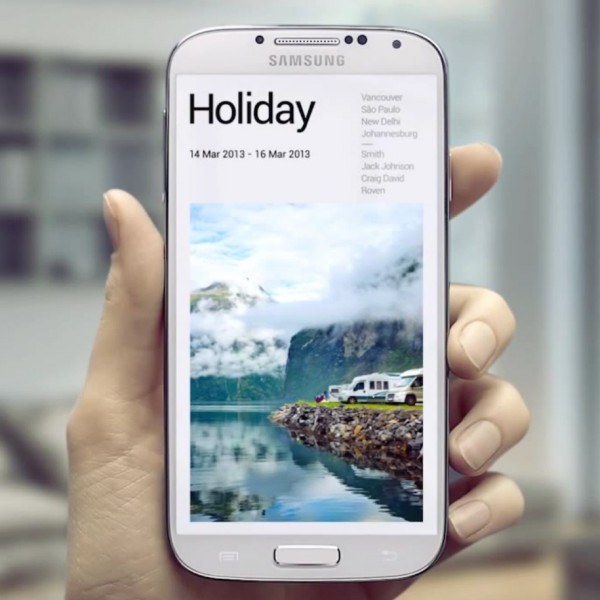
Samsung Galaxy S4 available at AT&T for pre-order, ships April 30
Little under three weeks ago, AT&T revealed that it would be offering the Galaxy S4 for pre-order starting April 16. And today Samsung's latest Android flagship is indeed available at the US mobile operator for those who wish to purchase the smartphone before the official sales start.
What's the damage? Similar to its predecessor, on a two-year contract with "qualifying voice and data plans", the Galaxy S4 in 16 GB storage trim can be pre-ordered for $199.99. Should you choose to go with AT&T's one-year contract, the same smartphone runs for $449.99, again with "qualifying voice and data plans".
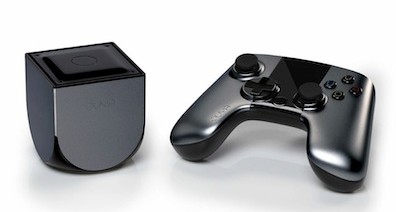
So you pre-ordered an Ouya -- here is when to expect it
Back on March 28th Ouya president Julie Uhram announced the tiny Android-based gaming console started shipping, but only to backers of the Kickstarter project. Additional details were added such as a software update which would be run upon first boot up and that the device would officially hit retail stores on June 4th.
As we have seen around the web, some have already received their boxes, but what if you did not get in on the Kickstarter ground floor, but instead placed a pre-order when those went live back in August of 2012? I happen to fall in that category and so I inquired about the timeframe and received a response from Ouya's Carmelo Martinez.
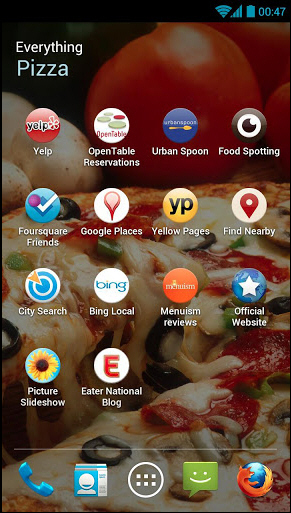
Everything.me launcher dynamically adapts to what you’re doing right now
Unlike iOS, Android devices can be very easily customized without the need to jailbreak or root them. This means that there is an ever-growing market in third-party launchers that enable phone and tablet users to try out a variety of new ways to access the apps they have installed on their device. While cosmetically different and packed out with a range of extra features, most launcher are generally fairly similar, but this same cannot be said of Everything.me which adapts itself according to what you are doing and where you are.
The idea is simple. Launching apps and accessing information is now seen as being the same thing. Looking for a recipe you have stored in an app you use? Type ‘recipe’ and a list of corresponding apps will show up. In addition to this, you’ll also be shown a list of related websites so you can check out other recipes online. Breaking down, or at least blurring, the barriers between local apps and online services is an interesting approach.
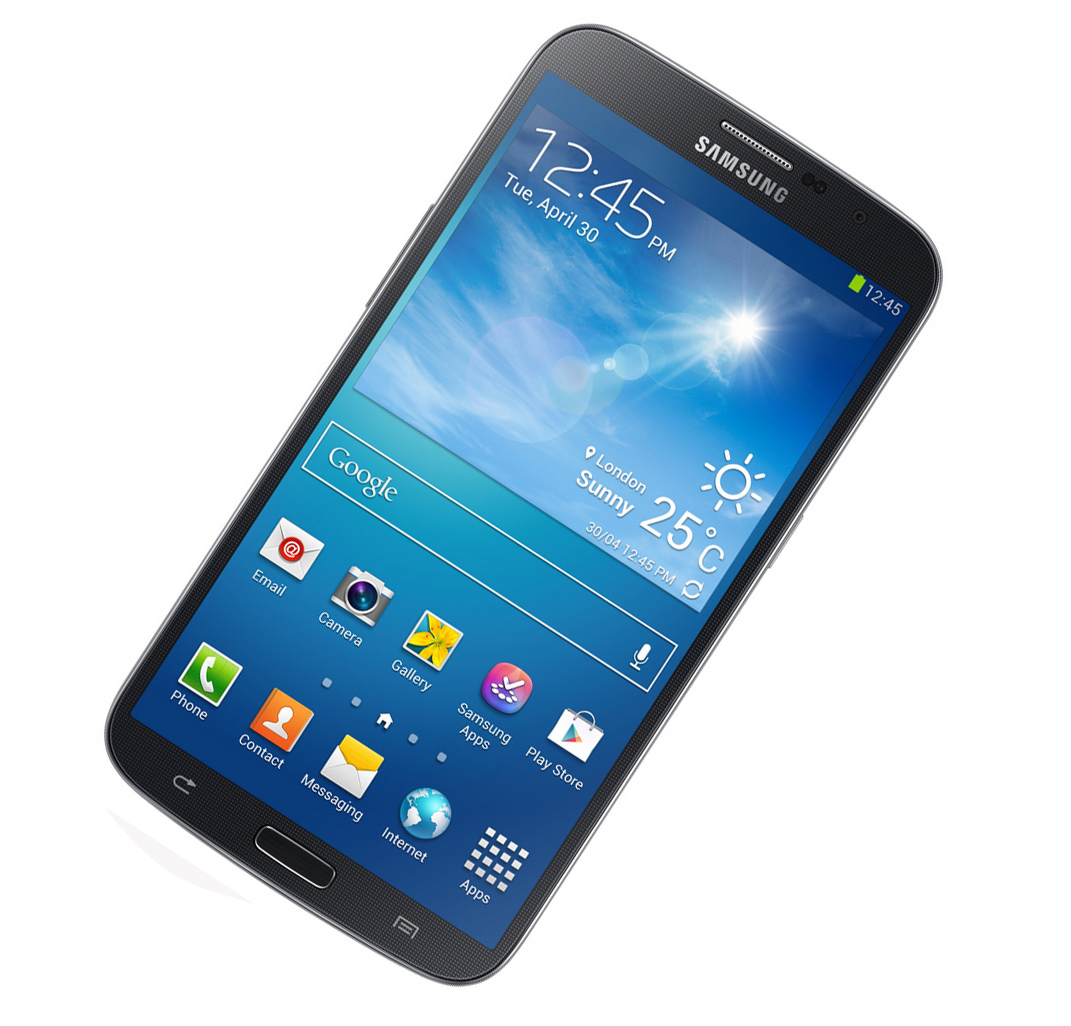
Samsung announces two Galaxy Mega smartphones in 5.8 and 6.3-inch trim
Be prepared to invest in some larger pants. Samsung announced two new smartphones today, part of the company's Android lineup. Both devices bear the Galaxy Mega moniker, but one comes with a fairly generous 6.3-inch display while the other features a smaller 5.8-inch screen.
There are other differences as well. The Galaxy Mega 6.3 (yes, that's its real name) comes with a 6.3-inch TFT display with a resolution of 720 by 1280, while the Galaxy Mega 5.8 sports a 5.8-inch TFT screen with a resolution of 540 by 960. Also, the former is powered by a 1.7 GHz dual-core "AP" processor while the latter is powered by a 1.4 GHz dual-core "AP" processor.
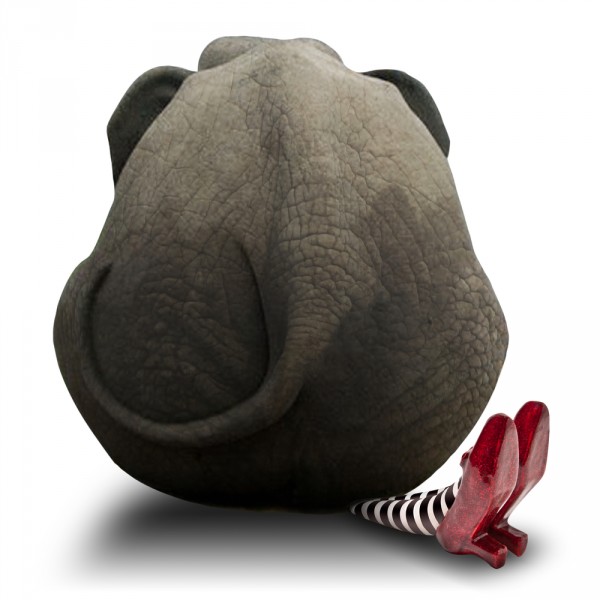
The Apple-Google duopoly so dominates app downloads there is little room for BlackBerry and Windows Phone
Mobile app store downloads from the four major stores -- Apple, BlackBerry, Google and Microsoft -- reached 13.4 billion in first quarter, generating $2.2 billion revenue, according to Canalys. Combined, revenue from new sales, in-app purchases and subscriptions grew 9 percent from fourth quarter, while number of downloads climbed by 11 percent.
There are a half-dozen measures that mark successful platforms, with money being the most important. Developers typically go where they earn more. That's preface to a fascinating juxtaposition partly explaining developer preference for iOS, even though more Android devices ship and cumulative sales (750 million to 500 million) are larger. Google Play accounted for 51 percent of downloads during Q1. But Apple's App Store generated 74 percent of the revenue. Ponder those numbers for a moment.
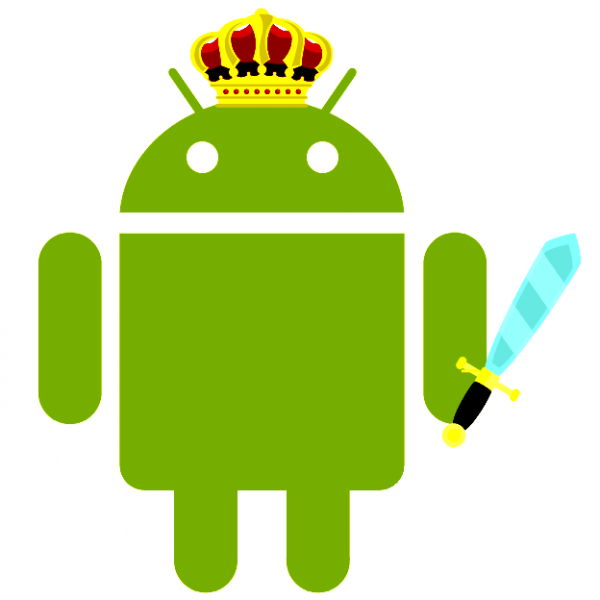
'Slightly closed Android ecosystem could be reality by the end of 2015'
That's the prediction Aapo Markkanen, ABI senior analyst, makes today. It's the right call, as Larry Page starts his third year returning as Google CEO. Page resumed duties on April 4, 2011, and the company's direction took a hard turn. Business is more aggressive, altruistic goals less and so-called openness a waning thing. As I asserted a year ago, "Google has lost control of Android". That Page and Company would try to wrestle back control is no surprise.
Facebook Home is good reason. The user interface debuting April 12 takes over the more app-centric Android homescreen, putting the social network first before anything else, including Google+. Facebook's OEM program could put Home on many more devices. HTC already is on board with the First smartphone. Then there is Samsung, which during fourth quarter accounted for 42.5 percent of all Android handset sales, according to Gartner. TouchWiz, which gets a big update with forthcoming Galaxy S4, is the user experience -- not that determined by stock Android. These are but two examples of many.
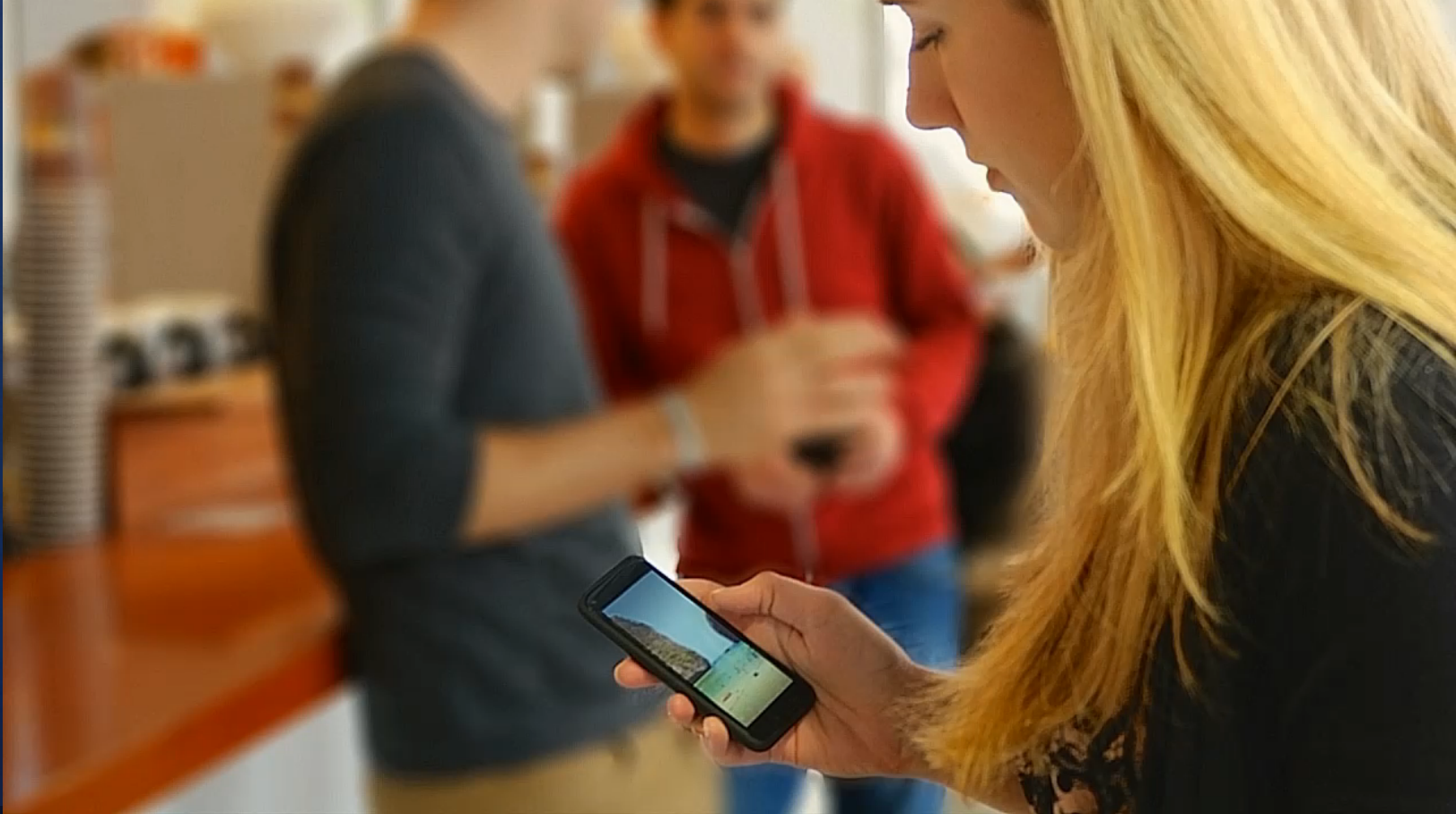
What Facebook Home means to Apple and Google
How important is Facebook really? The answer may come soon after April 12, when the social network releases Home to Google Play. The Android add-on usurps the homescreen, putting interactions/people first and pushes apps to the background. This, ah, Home invasion means potential trouble for Apple and Google, but in vastly different ways. Apps anchor both their platforms, curated content and the digital lifestyles users adopt. Facebook bets that between the choice of both ways, human relationships matter more.
For either the fruit-logo company or search and information giant, another question is perhaps more significant: Is Facebook's mobile experience already good enough? Related: Do most users want to be enmeshed in a constant stream of social updates and interactions most of the time? Affirmative answer to either, or both, spells trouble for the platform developers but most worrisome for Apple, for which Facebook Home affronts and condemns the entire business model.
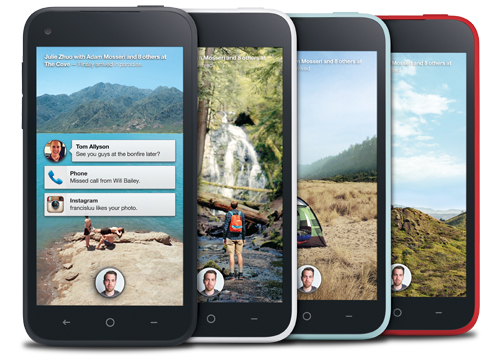
HTC First phones Home
Well, the rumors were false. Facebook didn't release a phone today, not that I'm surprised. There are reasons why we write so few rumor stories here at BetaNews -- they often are false. "We're not building a phone. We're not building an operating system", CEO Mark Zuckerberg said early this afternoon. But the social network has launched an OEM program for the new Facebook Home, which displaces the default Android start screen. HTC is first partner. Aptly named then, the smartphone is called HTC First.
Preorders start today, and the device will be available exclusively from AT&T, in four colors (black, pale blue, red and white), on April 12. Facebook Home, which also will be downloadable same day for HTC One X and One X+ and Samsung Galaxy S III and Note II, is First's default experience. Essentially, the social network becomes primary user interface on top of Android.
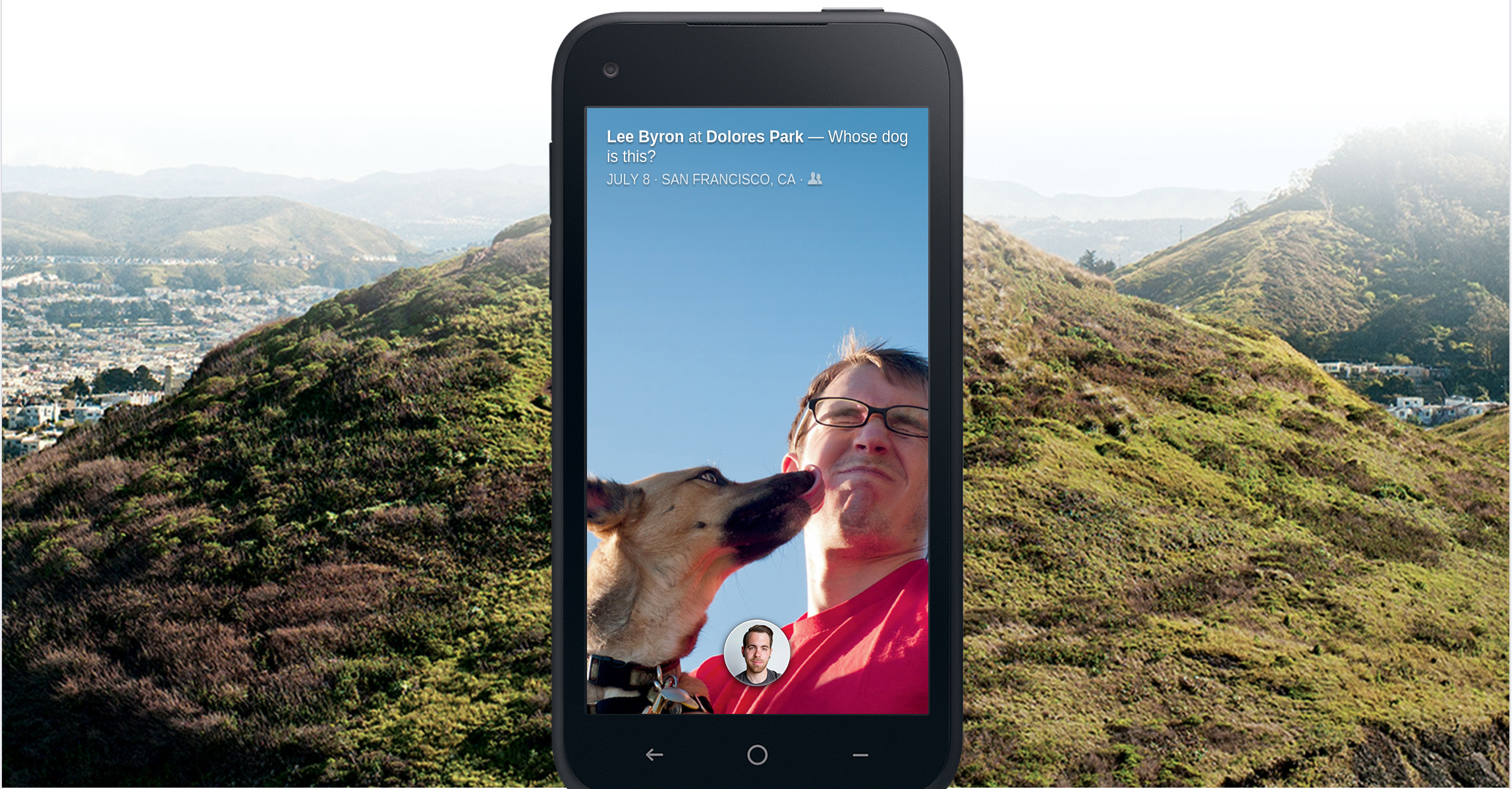
What is Facebook's new Home on Android?
It's the question many people have asked since the social network announced its April 4 event one week ago. This live blog answers the question.
Today's "new Home on Android" follows by nearly a month, a massive user interface redesign, as Facebook unifies the look and feel across devices and puts more emphasis on mobile. Obviously Android is part of that. Paragraphs are reverse order, with newest up top. All times EDT.

Gartner says the PC has no future
Today, Gartner offers grim prognostications for the PC's future, which is not surprising. That the analyst firm took so long disturbs and reveals much about how all these consultants seek to preserve client contracts before anything else. I've warned for years that connected-devices would diminish the personal computer's relevance, much like the mainframe's decline three decades ago. The PC era is over, as I asserted here 26 months ago. On Halloween 2008, I asked in a Microsoft Watch post: "Will your next PC be a smartphone?" What took Gartner so long? The "new device religion" analysis still misses the mark, too.
Following IDC's lead, Gartner now combines PCs, smartphones and tablets into a single forecast. By that measure, in 2012, Android worldwide device shipments (497 million) exceeded Windows (346.5 million) and will more than double (to 1.07 billion) by 2014. Analysts warn the operating system that defined the PC era will struggle with Apple iOS and OS X to be the second dominant platform. By many measures, the circumstance looks grim for Microsoft and Windows, and that's already the popular sentiment today among blog posts and news stories about Gartner's forecast. Don't believe them.
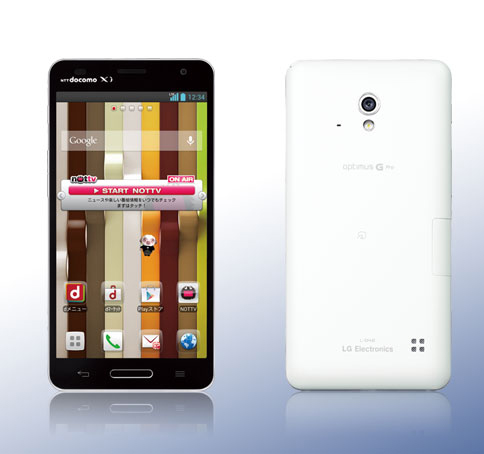
LG's Optimus G Pro lands in Japan at NTT DOCOMO
On Thursday, LG announced that the Optimus G Pro, the company's Android flagship smartphone, is now available at Japanese carrier NTT DOCOMO. In mid-January, NTT DOCOMO was the first to reveal the handset, a number of important specifications and its release date -- April 2013.
Unlike its international sibling which sports a 5.5-inch panel, the NTT DOCOMO variant of the Optimus G Pro comes with a smaller 5.0-inch IPS display. The resolution is the same -- 1080 by 1920 but the density is higher -- 440 ppi (pixels per inch). NTT DOCOMO originally revealed that the Optimus G Pro will ship with a 1.7 GHz quad-core Qualcomm Snapdragon S4 Pro processor, but today LG said that in fact the newer and faster, still Qualcomm-made, 1.7GHz quad-core Snapdragn 600 processor is used instead.

One year later, nearly half of Instagrammers use Android
Kids. They grow up so fast. It seems like just yesterday that my Android phone finally became a member of the Instagram generation, only just "slightly" behind all of those iPhones out there. Now the social photo sharing service is celebrating its one year anniversary on the Google-based mobile operating system.
Philip McAllister, of the Instagram Android team, announces that "One year ago today we launched Instagram for Android. In less than a day, over a million people downloaded the app, and now nearly half of all Instagrammers use the Android app to share photos with friends, family and the world".

Mozilla and Samsung team up to kill Chrome mobile
Say, Google, do you feel a sharp burning sensation in your back? That's the knife Samsung just plunged in. Ouch! The twisting motion must really hurt.
Mozilla and Samsung are collaborating on a new mobile web browsing engine, Servo, which success would offer huge benefits to both companies. Apple and Google dominate mobile devices with their respective WebKit browsers, largely shutting out Firefox from the most important device category since the PC. Incumbency is an advantage, with browsers preinstalled on Android and iOS. Users must download rival products, and many don't. Meanwhile the South Korean electronics giant accounted for nearly 43 percent of all Android smarthphone sales in fourth quarter, according to Gartner. The company controls the broader user experience via TouchWiz UI, but Google controls the browser.
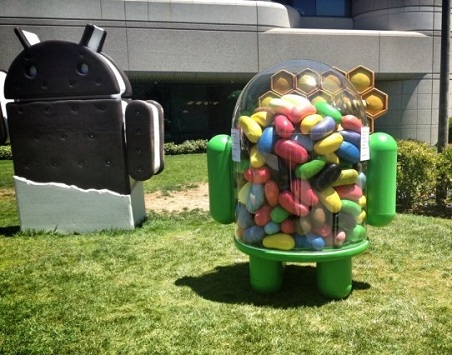
Jelly Bean closes in on Ice Cream Sandwich
Jelly Bean may be the newest sweet in the family, but it is steadily gaining ground against its older brothers. Combined, Android 4.1 and Android 4.2 reached a 25 percent distribution level in the green droid realm, based on the number of devices accessing Google Play during the 14 days ending April 2.
Starting this month, Google has decided to alter how the data is collected. Google says: "Beginning in April, 2013, these charts are now built using data collected from each device when the user visits the Google Play Store. Previously, the data was collected when the device simply checked-in to Google servers". Why? Because the company considers the new collection method to be more accurate and that it best represents "users who are most engaged in the Android and Google Play ecosystem".
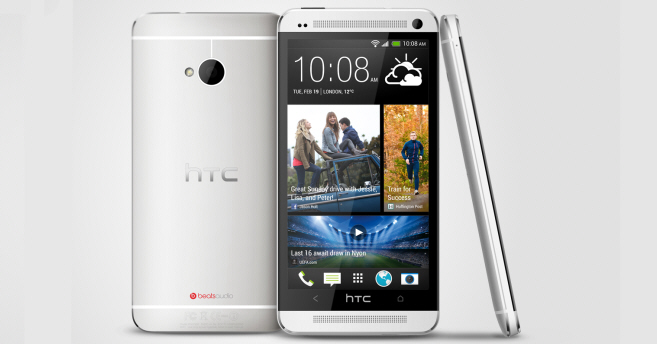
HTC One comes to AT&T and Sprint
On Tuesday, U.S. mobile operators AT&T and Sprint revealed important details concerning the availability of the HTC One. Starting Thursday, April 4, the device is offered for pre-order on AT&T, while Sprint subscribers have to wait another day. At both carriers sales start April 19.
Pricing is conservative, as on a two-year contract the HTC One in 32GB trim runs for $199.99 at both AT&T and Sprint, similar to the BlackBerry Z10 (on AT&T) or the 16GB Apple iPhone 5 -- both of which come with half the storage capacity. Available colors for the HTC One include black and silver. On AT&T, customers that pre-order the device also get an HTC Media Link HD wireless HDMI adaptor for free.
